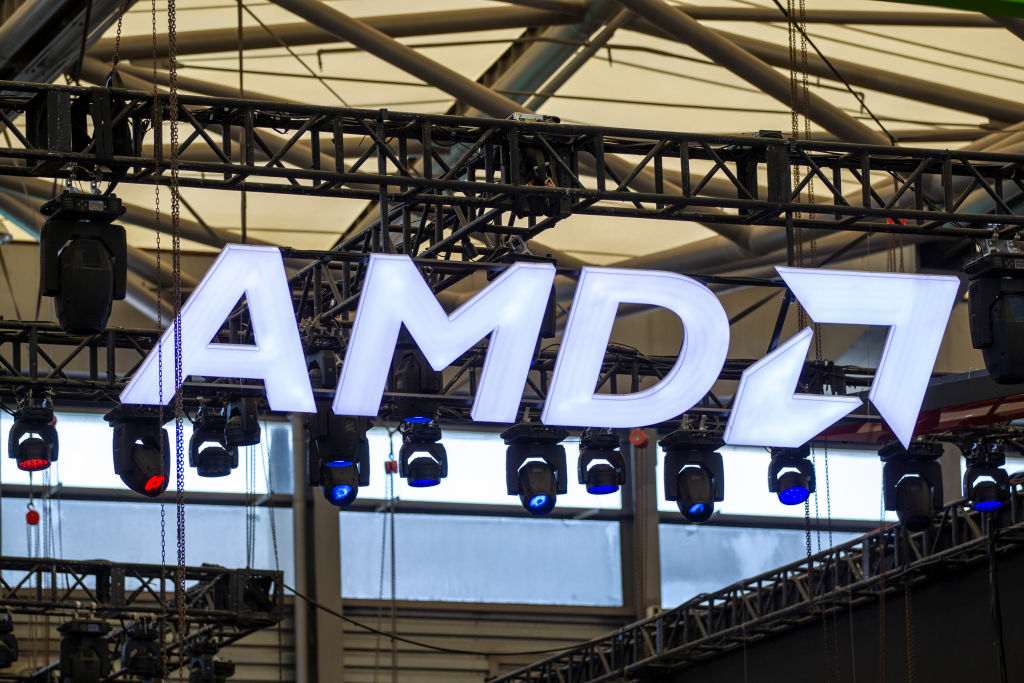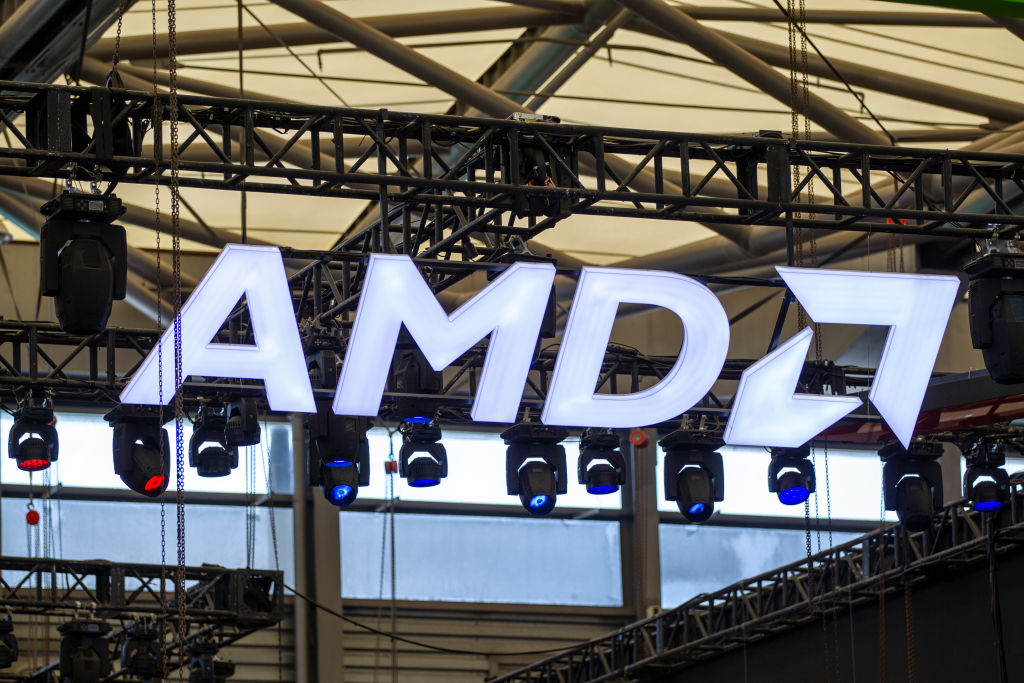
AMD says that the U.S. government’s license control requirement for exporting AI chips to China and certain other countries may have a material impact on its earnings.
If AMD doesn’t successfully obtain a license, the company could be on the hook for roughly $800 million in inventory, purchase commitments, and related reserves charges, it said in a filing with the SEC on Wednesday. According to AMD, the new export rules apply to the company’s MI308 GPUs.
“On April 15, 2025, [AMD] completed its initial assessment of a new license requirement implemented by the [U.S.] government for the export of certain semiconductor products to China (including Hong Kong and Macau) and D:5 countries,” AMD wrote in the filing. “The [export control] applies to [AMD’s] MI308 products. The company expects to apply for licenses but there is no assurance that licenses will be granted.”
AMD’s shares were down around 6% in early morning trading on Wednesday.
The U.S.’s newly imposed export controls impact a number of chipmakers, including AMD’s chief rival Nvidia. In a filing on Tuesday, Nvidia said it anticipates charges of $5.5 billion related to the export controls in the first quarter ending April 27.
Multiple government officials have been calling for stronger export controls on U.S.-built GPUs. Allowing China-based companies to obtain these chips, in particular AI companies, would threaten the U.S.’s dominance in AI as well as its national security, they argue.
In a statement provided to Reuters yesterday, a U.S. Commerce Department spokesperson said that the license requirement is in service of “the President’s directive to safeguard our national and economic security.”
Kyle Wiggers is TechCrunch’s AI Editor. His writing has appeared in VentureBeat and Digital Trends, as well as a range of gadget blogs including Android Police, Android Authority, Droid-Life, and XDA-Developers. He lives in Manhattan with his partner, a music therapist.




